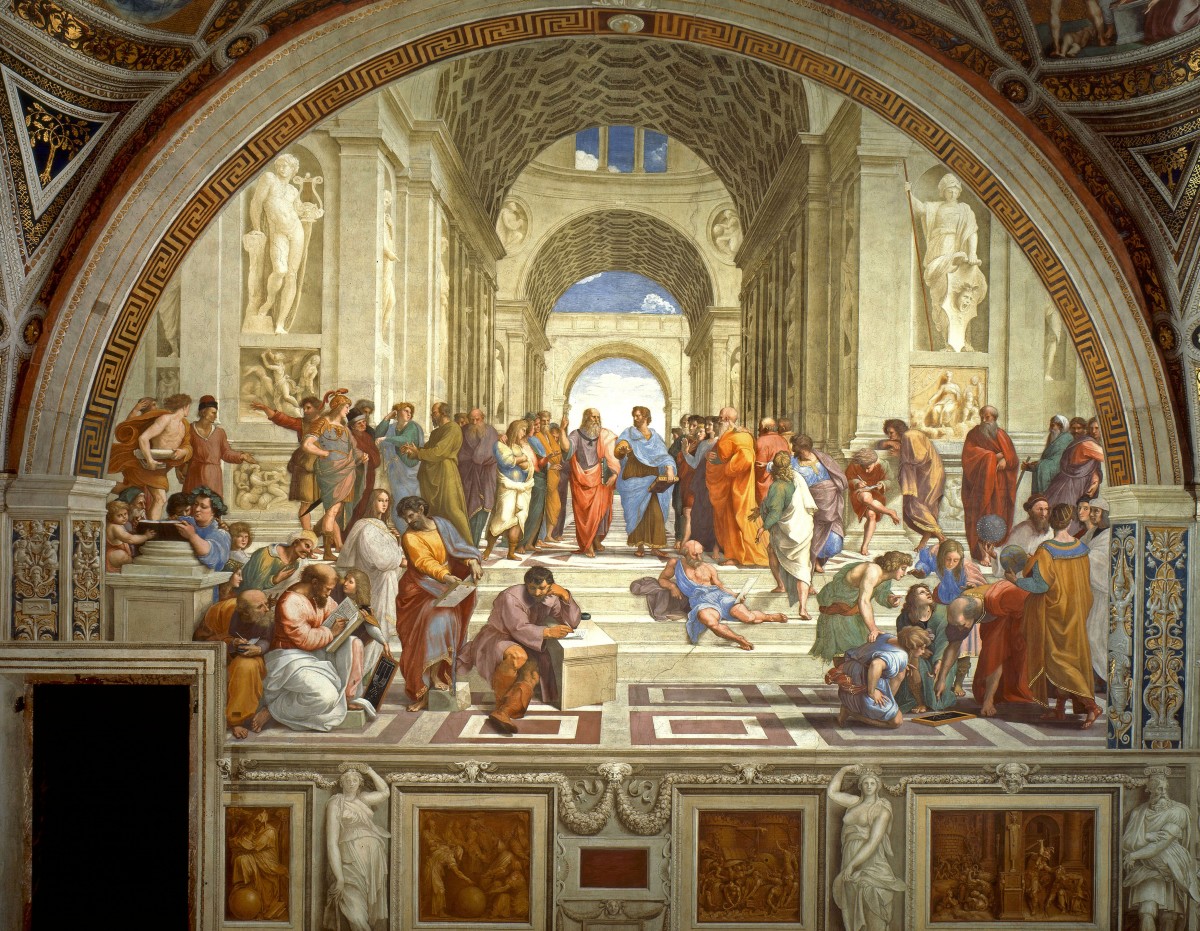Renaissance rebirth is the name traditionally bestowed upon the remarkable outpouring of intellectual and artistic energy and talent that accompanied the passage of Europe from the Middle Ages to the modern epoch. Yet “Renaissance” to a large extent was the creation of nineteenth century scholars who, looking back on the intense flowering of culture, sought a name by which to designate it. The term is also often extended to politics and economics.
Most scholars accept that the Renaissance started in Italy around 1300 and continued for three centuries, during which the economic, intellectual, and cultural currents flowing from its homeland eventually reached France, the Low Countries, Germany, England, and also, though with diminished force, Spain and Portugal. By 1600, it had virtually ended, giving way to a less integrated culture called baroque and a new approach to classical art.
Few scholars would date the start of the Renaissance later than 1350. Many argue for two “Renaissances”: one a period of revival based on the old learning and spread through traditional methods; the other a period of innovation in which much new knowledge was generated and spread by a new medium, print—which meant that a far wider community could share in and debate the changes. Still other scholars find three distinct periods to the Renaissance, coinciding roughly with the “three ages of mankind”: youth, maturity, and decline. There was a Renaissance of the twelfth century as well as the greater flowering of the fifteenth century, however the term might be used.
It is extremely difficult to establish the degree to which the term Renaissance should be interpreted literally. Were the classical values of ancient Greece and Rome in fact reborn at the close of the Middle Ages? If so, for whom? Only for an elite group with the money and time to explore the meanings of the classics? Or for a far broader part of the population, though in ruder and less evident ways? Could such a rebirth alone account for the extraordinarily productive careers of Renaissance writers, sculptors, painters, architects, musicians, and scientists? Until the middle of the nineteenth century most educated people would have answered yes to all these questions.
Today, this simple answer no longer suffices. Today it is almost universally agreed that a great Christian civilization had, in fact, matured during the Middle Ages, and that the cultural heritage from classical antiquity had never disappeared from the West. During this time European society had gradually shifted from an oral to a print culture, from Gothic to Italic ways of writing, and from the preservation of knowledge to the expansion of knowledge through the power of printing. Some historians contend that the cultural rebirth had begun in the “Carolingian Renaissance,” or that the “Renaissance of the twelfth century” centered at the court of Eleanor of Aquitaine. But to claim that the germ of the Renaissance had sprouted long before 1300 is to go too far.
The thinkers and artists of the Renaissance owed much to their medieval predecessors, and they were often as religious and as “feudal” as their forebears. Yet they were also materialistic, skeptical, and individualistic. Human beings were attempting to create things, to do things, to study things as ends in themselves because they enjoyed them, derived a sense of accomplishment from them, felt they were contributing to their own security and well-being, rather than doing things as a means to the glorification of God and to salvation.

